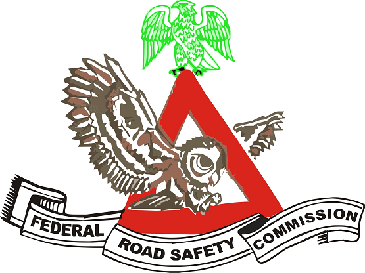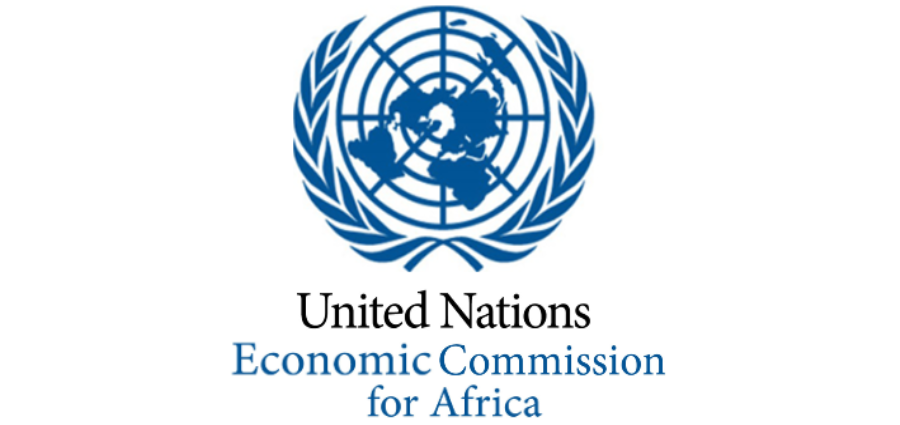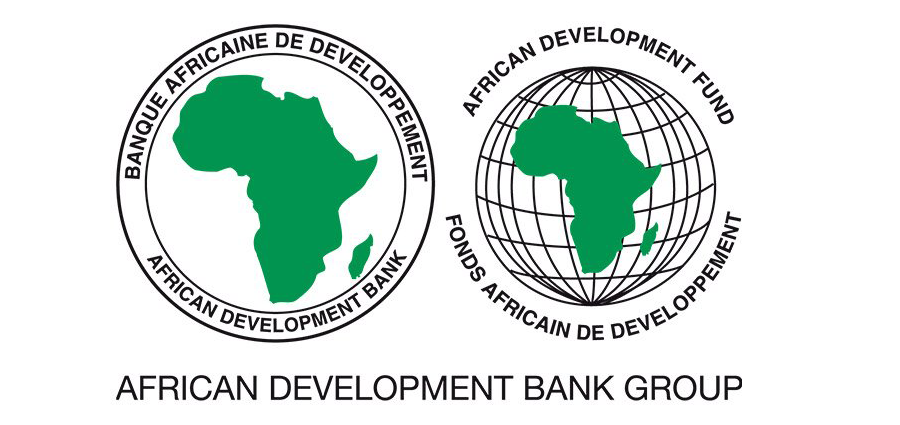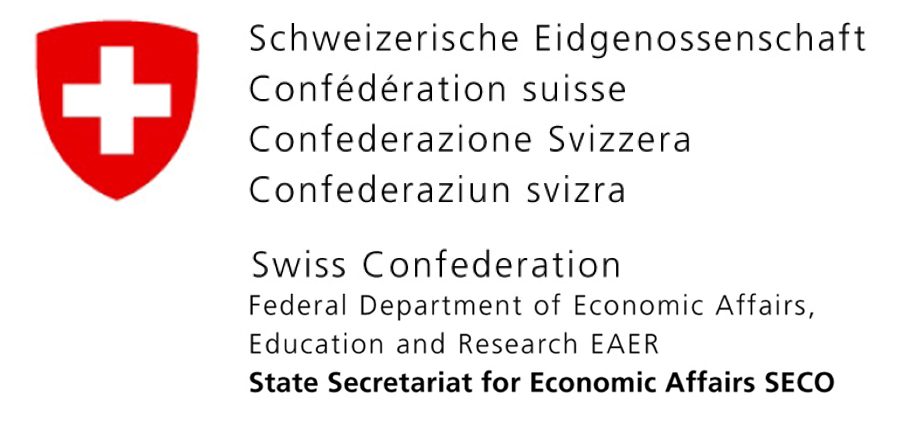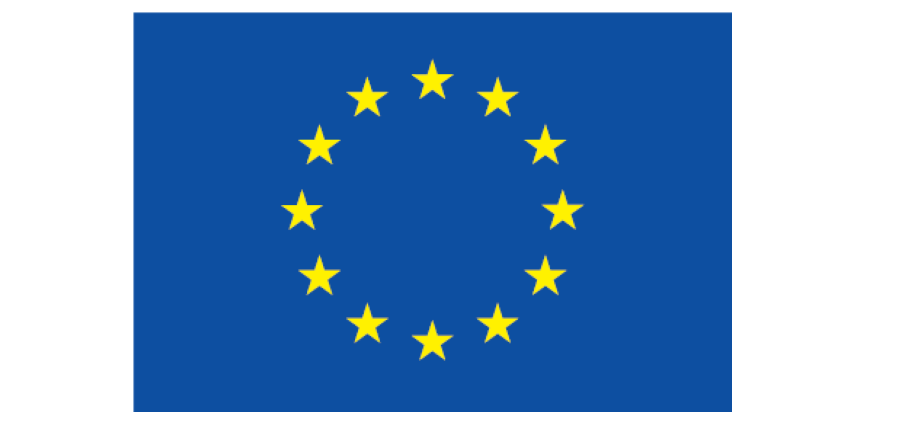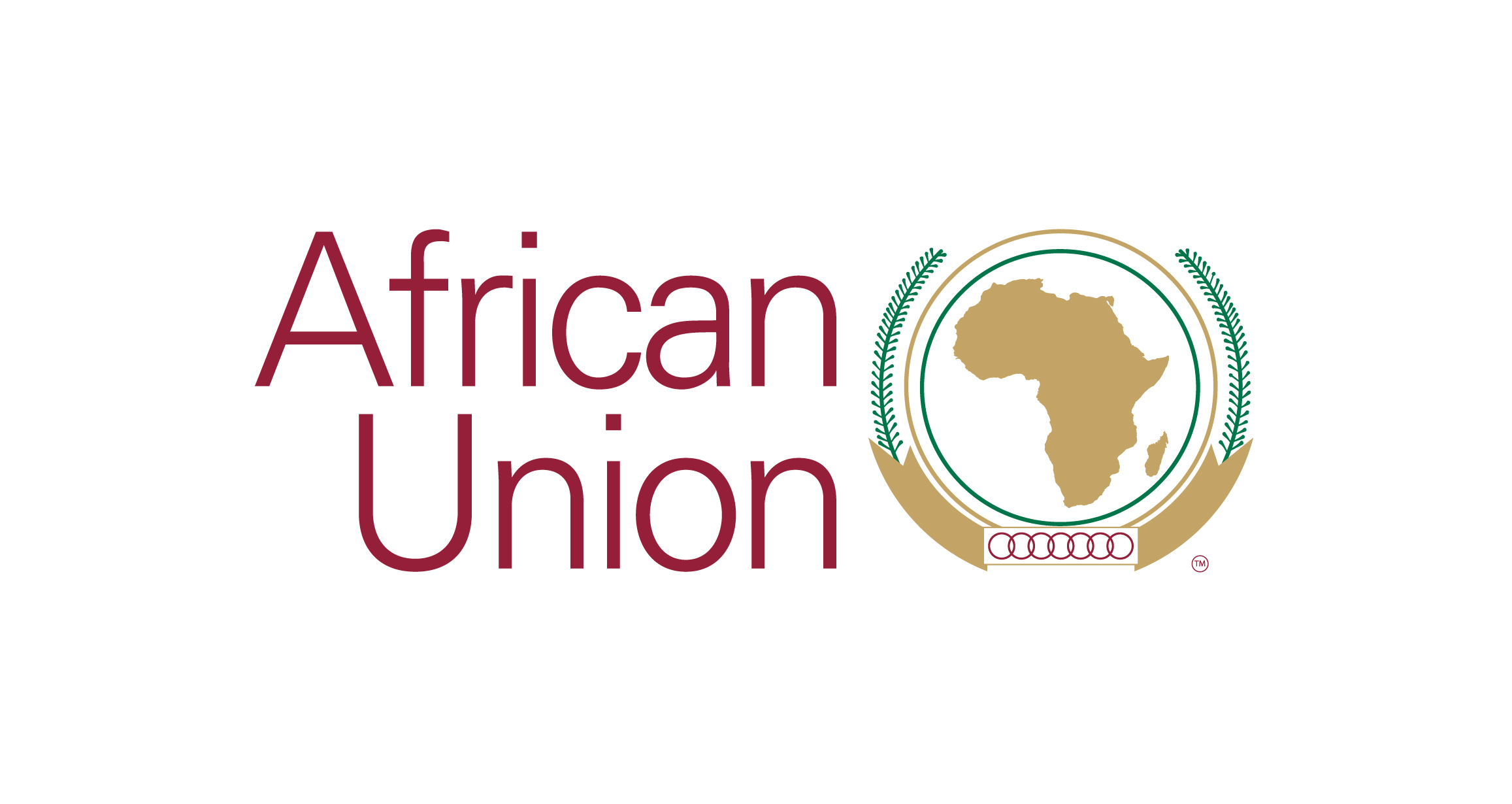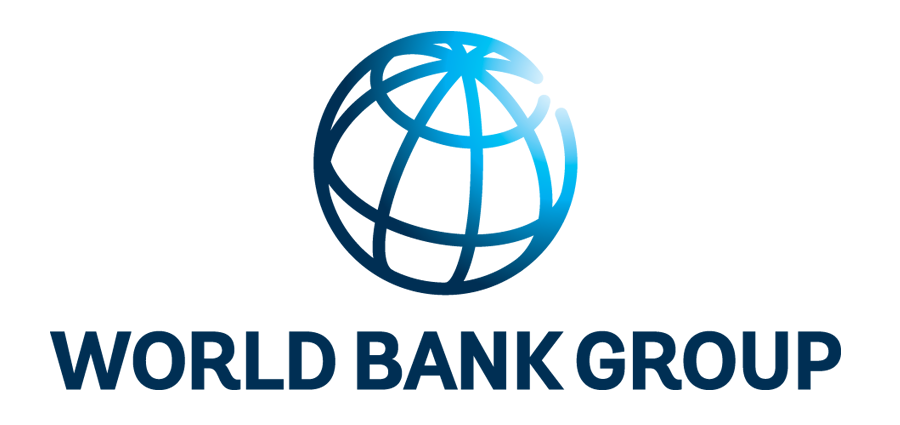Case Study on Federal Road Safety Corps, Nigeria
The Federal Road Safety Corps (FRSC) in Nigeria is one out of a few outstanding road safety lead agencies in Sub-Saharan Africa. It has considerable human (18 098 staff in 2012), logistical and financial resources ($178,500,371 of budgetary allocation in 2012), is well organized, professionally managed, uses modern technology in its operations, and is able to show results. Its history goes back more than 25 years and it has a vast amount of experience and institutional memory to draw on.
The FRSC actions follow the 5 pillars of the UN Decade of Action for road Safety.
|
Pillar 1 Management |
Pillar 2 Safer roads |
Pillar 3 Safer vehicles |
Pillar 4 Safer roads users |
Pillar 5 Emergency response |
|
Research and development Cooperation
Overall direction, coordination and management |
Recommend works and devices Keep the road clear and safe |
Production of number plates |
Production of driver licenses Highway codes and regulations General road safety education Targeted enforcement (income generating) |
Emergency services and towing |
The FRSC performance is particularly remarkable in the following fields:
- Enforcement: biometric measurements of license applicants and security coded number plates have been implemented;
- Emergency rescue services: a call center, ambulance units, emergency wards and roadside clinics have been set up;
- Involvement of volunteers;
- Promotion of road safety: communication with decision-makers at the highest level, training, conferences seminar and key strategic sessions are regularly organized.
This can be an inspiration to other countries in several ways. The Corps was therefore used as a case study for road safety lead agencies at the conference ‘Steps to the 5 pillars’ in Addis Ababa in November 2012. The agency is first of all geared to perform well in the field of enforcement, emergency services and other important fields of implementation, although it in effect is the overall national lead agency for all stakeholders. The FRSC proposes, as part of the coming National Road Safety Strategy to create a high level national council, with a mandate to manage and monitor road safety performance of all stakeholders.
